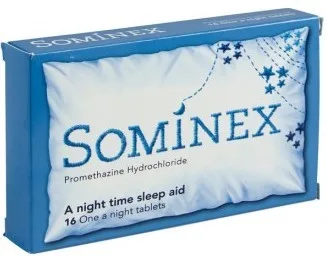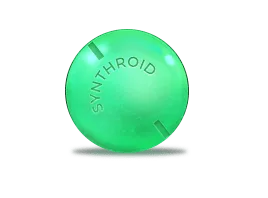- Your cart is empty
- Continue Shopping
Product
- Canadian Pharmacy Online Pharmacy | Online Canadian Pharmacy
- Need More Information Call Us 1-833-356-6337
Product description
INDICATIONS
Sominex is used for relieving short-term sleeplessness due to minor aches and pains. Sominex is an antihistamine and analgesic combination. Diphenhydramine causes drowsiness to help you fall asleep. Acetaminophen works in certain areas of the brain and nervous system to decrease pain.
INSTRUCTIONS
Use Sominex as directed by your doctor.
- Sominex may be taken with or without food.
- If you miss a dose of Sominex, take it as soon as possible. If it is almost time for your next dose, skip the missed dose and go back to your regular dosing schedule. Do not take 2 doses at once.
Ask your health care provider any questions you may have about how to use Sominex.
STORAGE
Store Sominex at room temperature, between 59 and 86 degrees F (15 and 30 degrees C). Store away from heat, moisture, and light. Do not store in the bathroom. Keep Sominex out of the reach of children and away from pets.
MORE INFO:
Active Ingredients: Diphenhydramine, Acetaminophen.
Safety information
Do NOT use Sominex if:
- you are allergic to any ingredient in Sominex
- you are taking sodium oxybate (GHB) or if you have taken furazolidone or a monoamine oxidase (MAO) inhibitor (eg, phenelzine) within the last 14 days.
Contact your doctor or health care provider right away if any of these apply to you.
Some medical conditions may interact with Sominex. Tell your doctor or pharmacist if you have any medical conditions, especially if any of the following apply to you:
- if you are pregnant, planning to become pregnant, or are breast-feeding
- if you are taking any prescription or nonprescription medicine, herbal preparation, or dietary supplement
- if you have allergies to medicines, foods, or other substances
- if you have alcoholism or if you consume 3 or more alcohol-containing drinks every day
- if you have a fast, slow, or irregular heartbeat; liver problems (eg, hepatitis); or kidney problems
- if you have a history of asthma; lung problems (eg, emphysema); heart problems; high blood pressure; diabetes; heart blood vessel problems; stroke; glaucoma; a blockage of your stomach, bladder, or intestines; ulcers; trouble urinating; an enlarged prostate; seizures; or an overactive thyroid.
Some medicines may interact with Sominex. Tell your health care provider if you are taking any other medicines, especially any of the following:
- Furazolidone, MAO inhibitors (eg, phenelzine), sodium oxybate (GHB), or tricyclic antidepressants (eg, amitriptyline) because side effects of Sominex may be increased
- Anticoagulants (eg, warfarin) because the risk of side effects, such as bleeding, may be increased by Sominex
- Hydantoins (eg, phenytoin) because side effects may be increased by Sominex
- Isoniazid because side effects of Sominex may be increased
This may not be a complete list of all interactions that may occur. Ask your health care provider if Sominex may interact with other medicines that you take. Check with your health care provider before you start, stop, or change the dose of any medicine.
Important safety information:
- Sominex may cause dizziness, drowsiness, or blurred vision. Do not drive, operate machinery, or do anything else that could be dangerous until you know how you react to Sominex. Using Sominex alone, with certain other medicines, or with alcohol may lessen your ability to drive or perform other potentially dangerous tasks.
- Do not exceed the recommended dose or take Sominex for longer than prescribed without checking with your doctor.
- If your symptoms do not improve within 5 to 7 days or if they become worse, check with your doctor.
- Sominex may cause liver damage. If you consume 3 or more alcohol-containing drinks every day, ask your doctor if you should take Sominex or other pain relievers/fever reducers. Alcohol use combined with Sominex may increase your risk for liver damage.
- Sominex contains acetaminophen. Before you begin taking any new prescription or nonprescription medicine, read the ingredients to see if it also contains acetaminophen. If it does or if you are uncertain, contact your doctor or pharmacist.
- Sominex may cause increased sensitivity to the sun. Avoid exposure to the sun, sunlamps, or tanning booths until you know how you react to Sominex. Use a sunscreen or protective clothing if you must be outside for a prolonged period.
- If you are scheduled for allergy skin testing, do not take Sominex for several days before the test because it may decrease your response to the skin tests.
- Before you have any medical or dental treatments, emergency care, or surgery, tell the doctor or dentist that you are using Sominex.
- Use Sominex with caution in the elderly because they may be more sensitive to its effects.
- Caution is advised when using Sominex in children because they may be more sensitive to its effects.
- Pregnancy and breast-feeding: If you become pregnant while taking Sominex, discuss with your doctor the benefits and risks of using Sominex during pregnancy. It is unknown if Sominex is excreted in breast milk. Do not breastfeed while taking Sominex.
Side effects
All medicines may cause side effects, but many people have no, or minor, side effects.
Check with your doctor if any of these most common side effects persist or become bothersome:
Constipation; diarrhea; dizziness; drowsiness; dry mouth, nose, or throat; excitability; headache; loss of appetite; nausea; nervousness or anxiety; trouble sleeping; upset stomach; vomiting; weakness.
Seek medical attention right away if any of these severe side effects occur:
Severe allergic reactions (rash; hives; difficulty breathing; tightness in the chest; swelling of the mouth, face, lips, or tongue); dark urine or pale stools; difficulty urinating or inability to urinate; fast or irregular heartbeat; hallucinations; seizures; severe dizziness, lightheadedness, or headache; stomach pain; tremor; trouble sleeping; unusual fatigue; vision changes; yellowing of the skin or eyes.
This is not a complete list of all side effects that may occur. If you have questions about side effects, contact your health care provider.
Need More Information? Call Us Toll Free: 1-833-356-6337
| Package | 25mg × 60 pills, 25mg × 90 pills, 25mg × 120 pills, 25mg × 180 pills, 25mg × 270 pills, 25mg × 360 pills |
|---|






